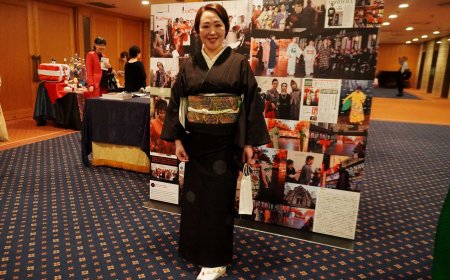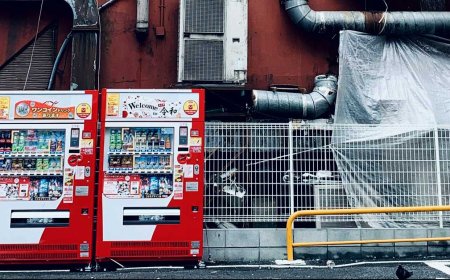Japan's Senpai-Kōhai Culture
In Japan, the senpai-kōhai relationship is a cornerstone of social structure, shaping interactions in schools, workplaces, and beyond. This hierarchical dynamic fosters mentorship and respect, reflecting deeply ingrained cultural values.

Japanese Hierarchical Relationships
In Japan, the senpai-kōhai (先輩-後輩) relationship is a fundamental aspect of social structure, extending from educational institutions to workplaces and various social organizations. This hierarchical dynamic, where 'senpai' refers to the senior and 'kōhai' to the junior, shapes interactions, behavior, and expectations in significant ways.
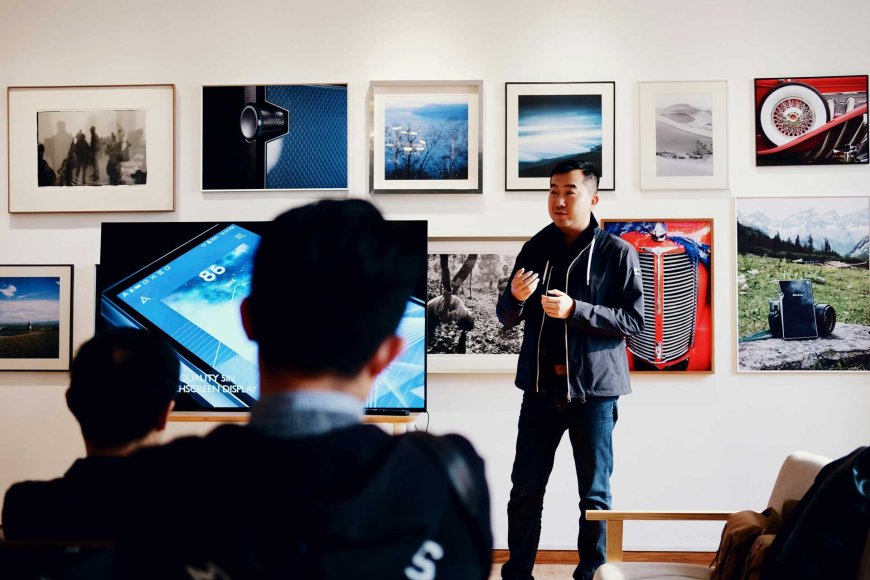
Historical Roots of Senpai-Kōhai Culture
The senpai-kōhai system has deep historical roots in Japan, tracing back to the feudal era when rigid social hierarchies were prevalent. The concept emerged from Confucianism, which emphasizes respect for elders and superiors. During the Edo period (1603-1868), the samurai class particularly adhered to strict hierarchical codes of conduct, which trickled down to other societal strata. These values have persisted over centuries, evolving to fit modern contexts while retaining their core principles.
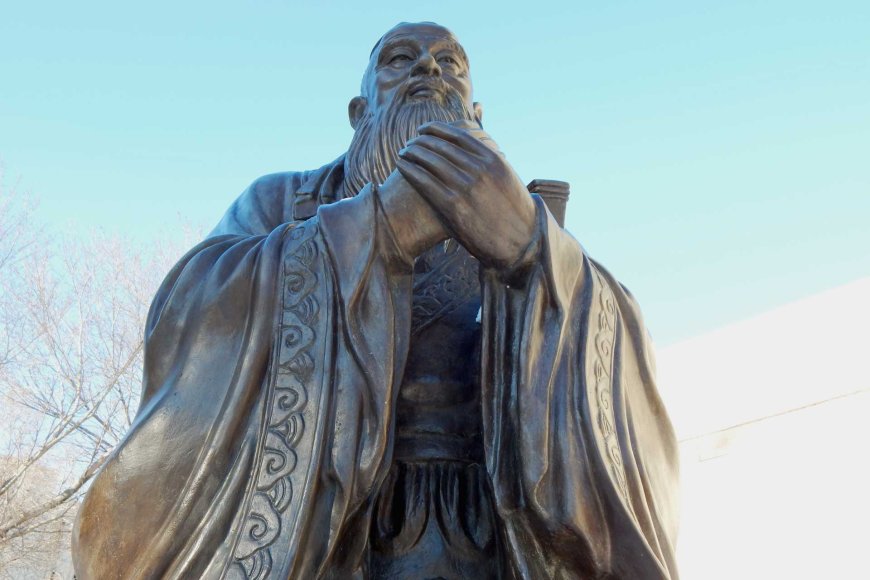
The Role of Senpai in Educational Settings
In schools, the senpai-kōhai relationship is highly visible. Students in higher grades automatically become senpai to those in lower grades. This dynamic encourages mentoring, where senpai are expected to guide, support, and teach their kōhai. For instance, in club activities or sports teams, senpai provide training, advice, and emotional support to their junior counterparts. This system fosters a sense of responsibility among seniors and offers juniors a support network, enhancing their overall experience.
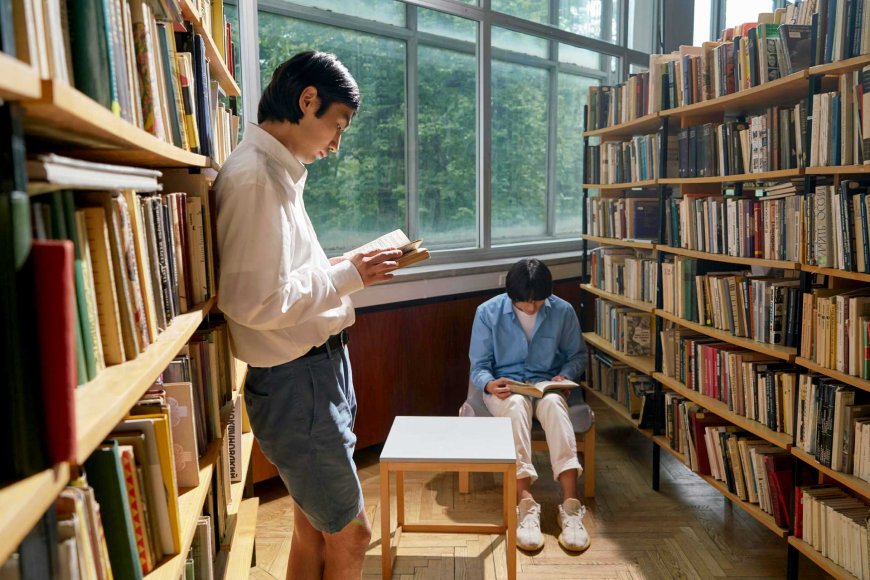
Workplace Dynamics: From Senpai to Kōhai
In the professional realm, the senpai-kōhai relationship is integral to corporate culture. New employees (kōhai) are often assigned a mentor (senpai) who helps them navigate their roles and company culture. This mentorship goes beyond mere job training; it includes guidance on professional etiquette, social norms, and career development. Senpai, in turn, gain leadership experience and the satisfaction of nurturing future talent. However, this relationship can sometimes lead to excessive dependence on the senpai, potentially stifling the junior's autonomy.

Social Expectations and Behavioral Norms
The senpai-kōhai relationship comes with distinct social expectations and behavioral norms. Kōhai are expected to show deference to their senpai, using polite language (keigo) and demonstrating respect through gestures and behavior. For instance, kōhai might serve tea to their senpai or refrain from contradicting them openly. Senpai, on their part, are expected to be approachable, fair, and supportive. This mutual respect creates a balanced dynamic where both parties fulfill their roles diligently.

Challenges and Criticisms of the System
Despite its benefits, the senpai-kōhai system is not without its criticisms. Some argue that it perpetuates an overly rigid hierarchy, inhibiting open communication and creativity. In extreme cases, the power imbalance can lead to bullying or harassment, known as 'ijime' in Japanese. Furthermore, the pressure on senpai to be role models and the obligation of kōhai to conform can create stress and hinder personal growth. Addressing these challenges requires a careful balance between preserving tradition and promoting a more flexible, inclusive environment.

Modern Adaptations and Evolving Dynamics
As Japanese society modernizes, the senpai-kōhai relationship is also evolving. In contemporary settings, there is a growing emphasis on fostering more egalitarian and collaborative relationships. While the hierarchical structure remains, the strictness of roles is gradually softening. Younger generations, influenced by global cultural trends, are advocating for more open and reciprocal interactions. This shift is evident in workplaces adopting flatter organizational structures and schools encouraging more peer-to-peer collaboration.

The Cultural Significance and Future of Senpai-Kōhai
The senpai-kōhai culture is deeply ingrained in Japanese society, reflecting broader cultural values of respect, duty, and community. It serves as a mechanism for social cohesion, ensuring knowledge transfer and support across generations. As Japan navigates the complexities of globalization and societal change, the senpai-kōhai system will likely continue to adapt, balancing tradition with modernity. Understanding this dynamic provides valuable insights into Japanese culture and the intricate social fabric that sustains it.
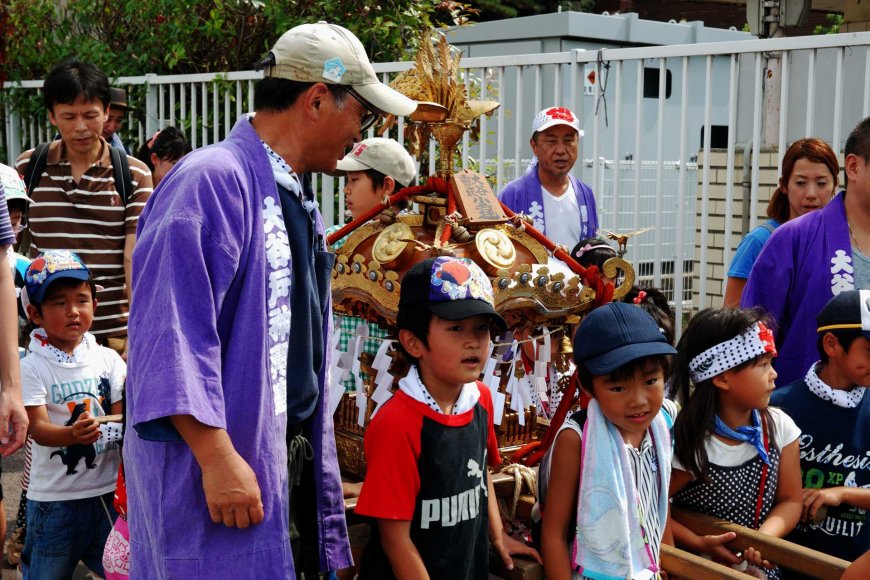
Tradition and Modernity in Japan's Social Fabric
The senpai-kōhai relationship is more than just a hierarchical structure; it is a cornerstone of Japanese social interaction, deeply embedded in educational, professional, and social contexts. While it has its challenges, the system's emphasis on mentorship, respect, and mutual support remains a testament to the enduring values of Japanese culture. As it evolves, it offers a fascinating glimpse into the balance between tradition and modernity in Japan's social landscape.
Find Cheap Flight Tickets to any Destinations in Japan and the Philippines
Nipino.com is committed to providing you with accurate and genuine content. Let us know your opinion by clicking HERE.






